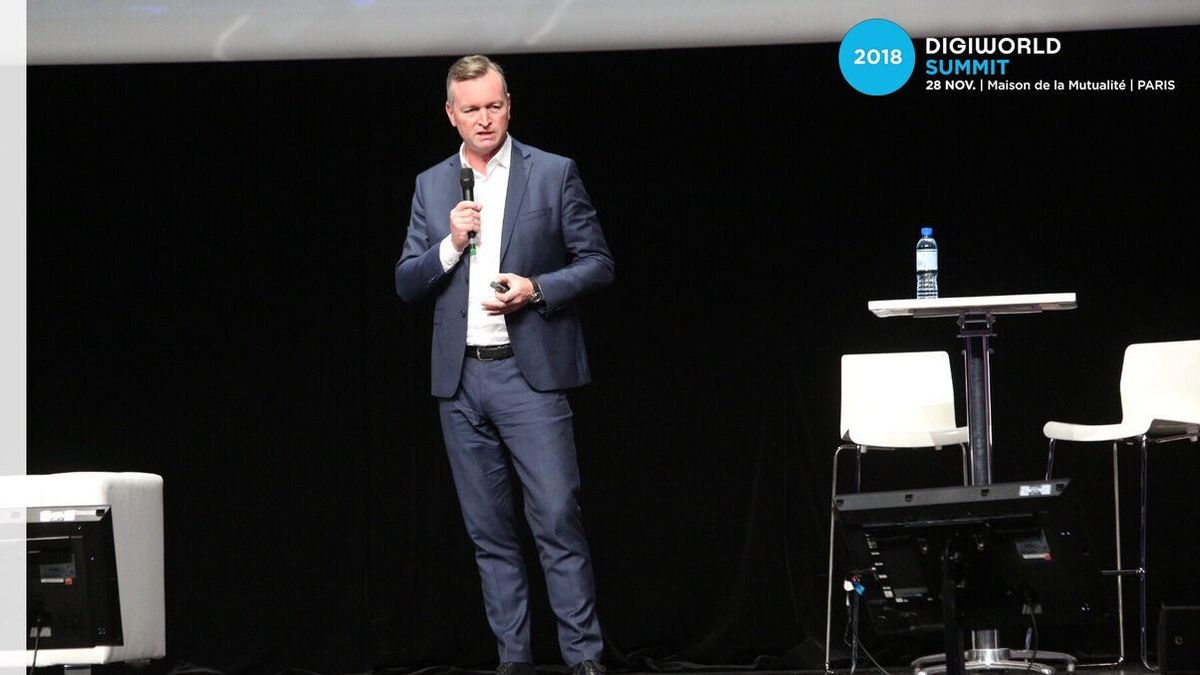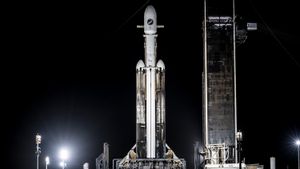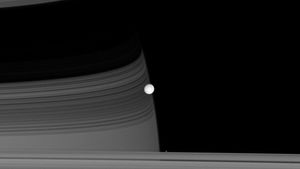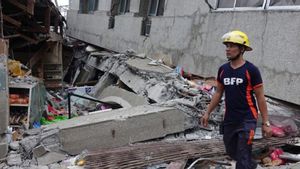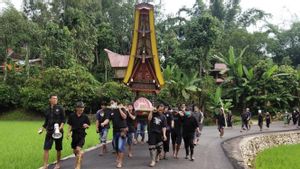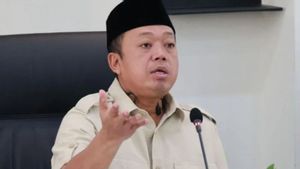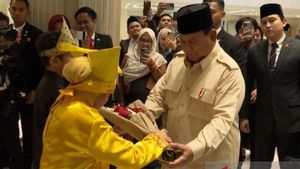JAKARTA - The European Union is currently seeking final offerings for the IRIS2 satellite constellation project worth 6 billion euros (approximately IDR 102.2 trillion), designed to compete with Elon Musk and Jeff Bezos' Starlink. However, authorities are reminded that the IRIS2 project, initiated by the European Commission, risks being left behind in the latest wave of artificial intelligence and being left behind before being launched due to bureaucratic issues.
The European Space Agency (ESA) announced on Friday December 15 that it would seek final bids to develop a secure communication system. This is a flagship project partly triggered by Musk's Starlink role as Ukraine's backbone in the war with Russia.
Until now, the only parties known to bid for the main IRIS2 contract were the consortium consisting of Airbus, Thales Alenia Space, Eutelsat, Hispasat, and SES.
This contest, consisting of up to 170 satellites, will secure communications for the EU government and open new commercial broadband services for underserved areas between 2025 and 2027.
"Given the current situation, IRIS2 is at risk of becoming obsolete before it launches," wrote former head of the French air force Denis Mercier, and former Airbus executive Marc Fontaine, in an opinion article sponsored by Politico last week.
The two men were involved with Germany's defense artificial intelligence startup!, which specializes in providing artificial intelligence software on the plane, where fashioners on the board of directors and Fontaine carry out their French activities.
When IRIS2 launched, artificial intelligence was still seen as "a rather futuristic technology," they wrote. "However, over the past two or three years, the world has known that artificial intelligence has matured and is ready to be implemented in almost all places," said Lover.
The European Commission said it had taken action in this regard. "The inclusion of artificial intelligence capabilities in algorithms running the IRIS2 system is a very promising possibility and is currently being considered," a spokesperson said.
State-of-the-art computing capabilities are widely applied on land by users such as intelligence agencies to filter and analyze large amounts of raw data from space or elsewhere, technology analysts say. But placing artificial intelligence directly within satellites - known as Edge computing - can allow them to reduce excess information for analysts or adapt to smart interference.
"It should be considered that competing countries such as China have designed this key capability into their constellation - Europe's IRIS2 should not be launched without it," the article said.
They are among the small numbers but the development of a "deftech" company that tries to disrupt the security market in the same way as new players who have done it in the space sector.
The European Union has pledged that 30% of EU-funded parts of IRIS2, valued at 2.4 billion euros (IDR 40.8 trillion), will be awarded to small companies.
SEE ALSO:
However, this comment has re-emerged a debate about whether traditional procurement is agile enough to embrace new business models that enter the space sector and are now defense.
In traditional programs, the auction winner controls the flow of instructions to suppliers, often with a long lead time. Entrepreneurs say defense fusion with software and artificial intelligence requires faster movement so that flexibility can be built.
Increased attention to computing in defense was stressed on Friday when it was reported that Airbus was in talks to buy Atos' cybersecurity assets.
The consortium led by Airbus declined to comment in person on news articles but said IRIS2 would "try to capitalize on the latest technology and expertise of companies across Europe."
The European Space Agency said that after the main IRIS2 contract was awarded, work would gradually flow to smaller companies. "This will take time... and will last throughout 2024," said ESA Navigation Director Francisco-Javier Benedicto Ruiz.
The English, Chinese, Japanese, Arabic, and French versions are automatically generated by the AI. So there may still be inaccuracies in translating, please always see Indonesian as our main language. (system supported by DigitalSiber.id)
